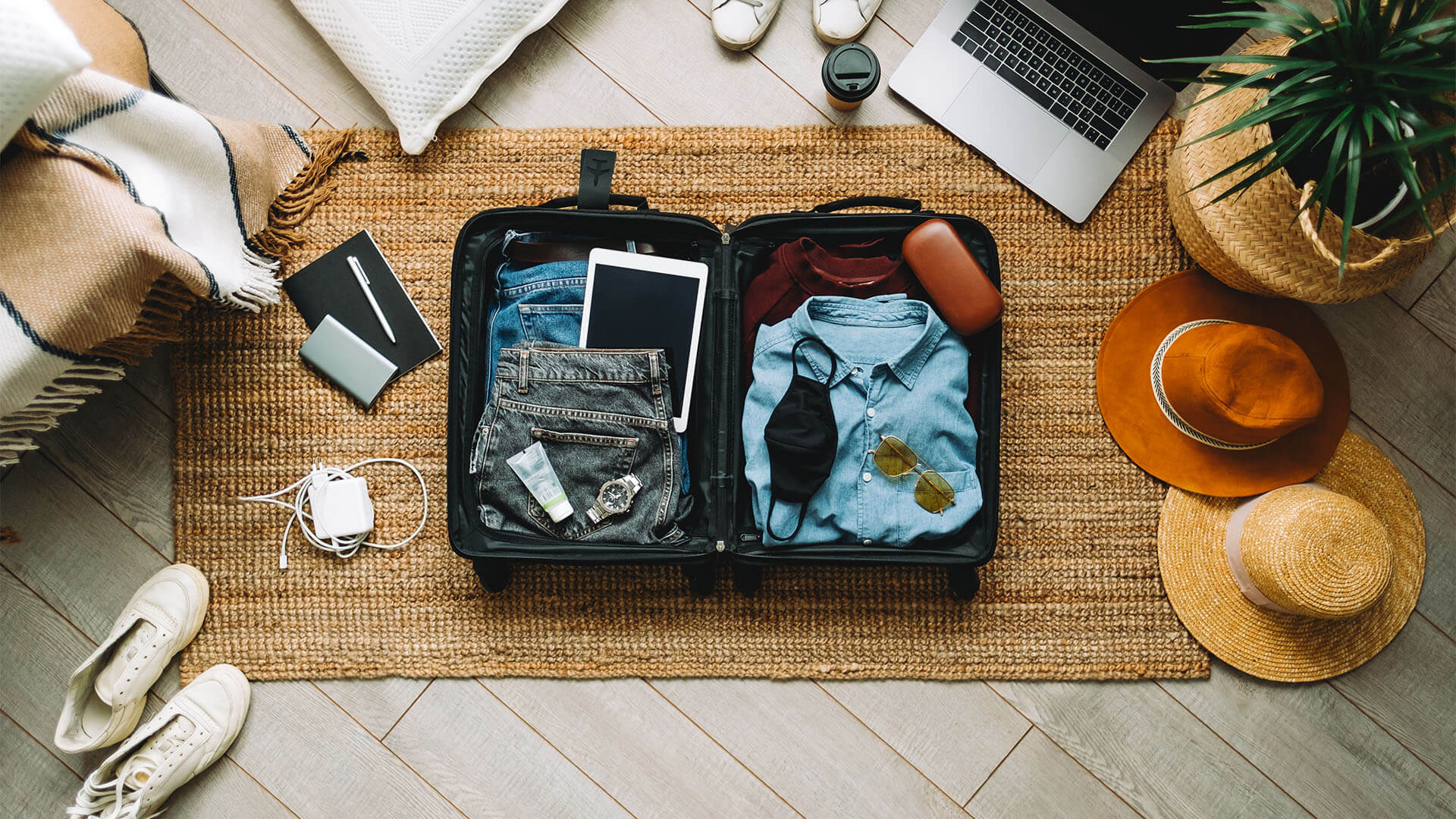
Have you just booked your plane ticket to a bucket list destination? Or are you road-tripping to a place you haven’t been to before?
As exciting as traveling somewhere for the first time is, it can also pose some safety threats. You can lose your devices, fall victim to device theft, or have your digital data stolen.
But don’t worry. From planning your trip in advance to updating your devices and using a password manager, here are 8 safety tips for traveling somewhere for the first time.
1. Plan Your Trip Ahead of Time
Make sure to plan your trip well in advance instead of making last-minute arrangements. Research the place you plan to visit and book your ticket in time. Draw a rough outline of all that your trip will entail.
It’s a good practice to also make a list of the devices you carry. That way, you will be more alert regarding all your possessions. Proper planning will help ease your trip and keep unnecessary stress at bay.
2. Update All Your Devices
Before you leave home, update the software and security apps on all your devices. These updates will fix software bugs and defend your devices from malware attacks.
Make sure to also backup your important files to the cloud. Transfer your photos, contacts, and personal information to a safe data storage service. In the event your devices are stolen during your travel, you won’t lose your important data.
3. Use a Password Manager
A password manager is a must-have, especially if you’re traveling to a place for the first time. It will keep all your passwords in a secure online vault. So, you’ll have to remember just one master password during your entire trip.
Your password manager will also generate strong passwords for you. It will improve your device’s security. Plus, it will reduce the risk that you’ll fall victim to account hacking while you’re exploring your chosen destination.
4. Keep Your Devices Locked
Lock up your devices using both zips and passwords. A zipped bag or backpack will minimize the opportunities for theft. And a strong password or pin will ensure digital safety.
Also, don’t use the same password for all your devices. If you tend to forget your passwords or get them all muddled, use a password manager. It will help generate strong passwords for you and store them securely.
5. Keep Digital Copies of Important Documents
There’s nothing more stressful than traveling to a different country for the first time and having your documents misplaced. What if you lose your air tickets? Or your passport is stolen?
Should the worst come to worst, you need to be prepared. Keep digital copies of all your important files and documents. Store them in an external storage device and in the cloud too.
6. Avoid Public Wi-Fi Networks
You need to stay connected to your family and friends back at home during your travels. But avoid unencrypted, public Wi-Fi networks like the plague, literally.
Even innocent-looking hotel and airport Wi-Fi networks can harbor hackers who are waiting to steal your sensitive data. But if there’s no way around it, avoid accessing online banking and personal accounts.
7. Use a Virtual Private Network
A Virtual Private Network or VPN provides private, safe access to the web. It will secure your online identity even if you are connected to a public network.
Your VPN will protect your data, including your usernames, passwords, credit card information, and other personal details.
What’s more, it will prevent frozen bank accounts, should such a thing happen while you’re trying to log in from a foreign location.
8. Disable Auto-Connect and Location Sharing
Most devices have a feature to automatically connect to public networks. While traveling, make sure to disable this feature. You don’t want to risk connecting to networks or hotspots that are malicious.
Similarly, disable location tracking on all your devices to keep safe from cybercriminals. Also, avoid tagging your real-time location on social media.
The Wrap Up
When you’re traveling to a place for the first time, the digital safety of your devices is as important as their physical safety.
Keep your devices up to date and backed up and manage your passwords effectively with a password manager.
This way, you can even ditch the jot-it-down method to remember your passwords. Your password manager will remember all the logins and passwords for you.
By staying digitally safe, you’ll avoid all the hassle that comes with worrying about your online security. You’ll be able to enjoy your travels and make the most of every new experience.



















